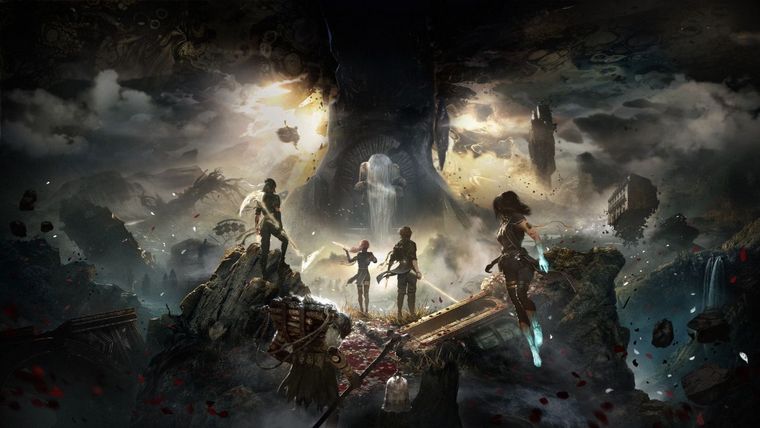Okay, so here’s the thing—I’ve been following Clair Obscur: Expedition 33 since the day it was announced. The surreal painterly art style, the moody world, that unique spin on turn-based combat—it immediately grabbed my attention. You can tell it’s one of those projects where the devs poured everything into it.
And yeah, it’s been sitting on my wishlist for a while now. But honestly? I’m still not sure I’ll play it myself.
Not because I’m not interested—but because I’ve already watched multiple full playthroughs of the game from several friends on Twitch. I’ve basically experienced the whole thing through them, and it was beautiful. Deep, emotional, stylish. Everything the hype promised, and then some.
But what’s been bugging me lately isn’t the game. It’s the way people are talking about it. Like it’s some kind of resurrection for turn-based RPGs. Like this is the game that finally brought the genre back from the dead.
And that just doesn’t sit right with me.
“Finally, a good turn-based RPG again!”
I keep seeing that line pop up all over social media. “Finally, a real turn-based RPG.” “We haven’t had one this good since Final Fantasy X.” Seriously?
Look, I get that Clair Obscur feels fresh and different. And the fact that it’s being developed by a small team of about 30 people makes it even more impressive. It should be celebrated. But that doesn’t mean we get to ignore everything that came before it. This game didn’t rise from the ashes of a dead genre—it’s part of a long tradition that people just weren’t paying attention to.
Turn-Based RPGs Never Died
If you’ve actually been playing RPGs over the last decade or two, you know turn-based combat never went anywhere. It just stopped being the center of the mainstream conversation.
- Persona 5 and Royal are massive hits, and arguably some of the most stylish and polished RPGs ever made.
- Shin Megami Tensei V offered tough-as-nails strategy with modern polish.
- Dragon Quest XI was a masterclass in doing traditional turn-based right in a modern package.
- Octopath Traveler I & II, Triangle Strategy, Bravely Default II—these weren’t just good games, they were loved games.
- Yakuza: Like a Dragon took a wild swing by shifting the series to turn-based combat—and it worked better than anyone expected.
And the indie side? Still thriving:
- Chained Echoes, Sea of Stars, Undertale, Fear and Hunger—all made by small, passionate teams who kept the genre going with creativity and depth.
The Hype Is Real—But So Is the Erasure
We all love an underdog story. A small team comes out of nowhere with a bold, beautiful vision and stuns everyone. Clair Obscur is absolutely that kind of story—and it deserves the buzz. It’s stylish, original, and made with so much heart that you can feel it in every scene.
But that underdog narrative can also blur things. When the hype machine kicks in, suddenly people start acting like this is the only turn-based RPG that’s mattered in years. And that’s not fair. Because there are so many other underdogs—indie devs, niche JRPGs, passion projects—that have been quietly keeping the genre alive and thriving without the spotlight.
Let’s celebrate Clair Obscur for what it is—but not at the cost of everything that came before it.
This Isn’t a Revival. It’s a Continuation.
I’m so glad Clair Obscur exists. Watching my friends play it has been an amazing experience, and it’s clear it’s something special. Whether I ever play it myself or not, I’ll keep rooting for it.
But let’s not pretend it’s the second coming of turn-based RPGs. Let’s stop acting like this genre disappeared after 2001 and is only now clawing its way back into relevance.
It never left. You just had to look a little closer.

Comments